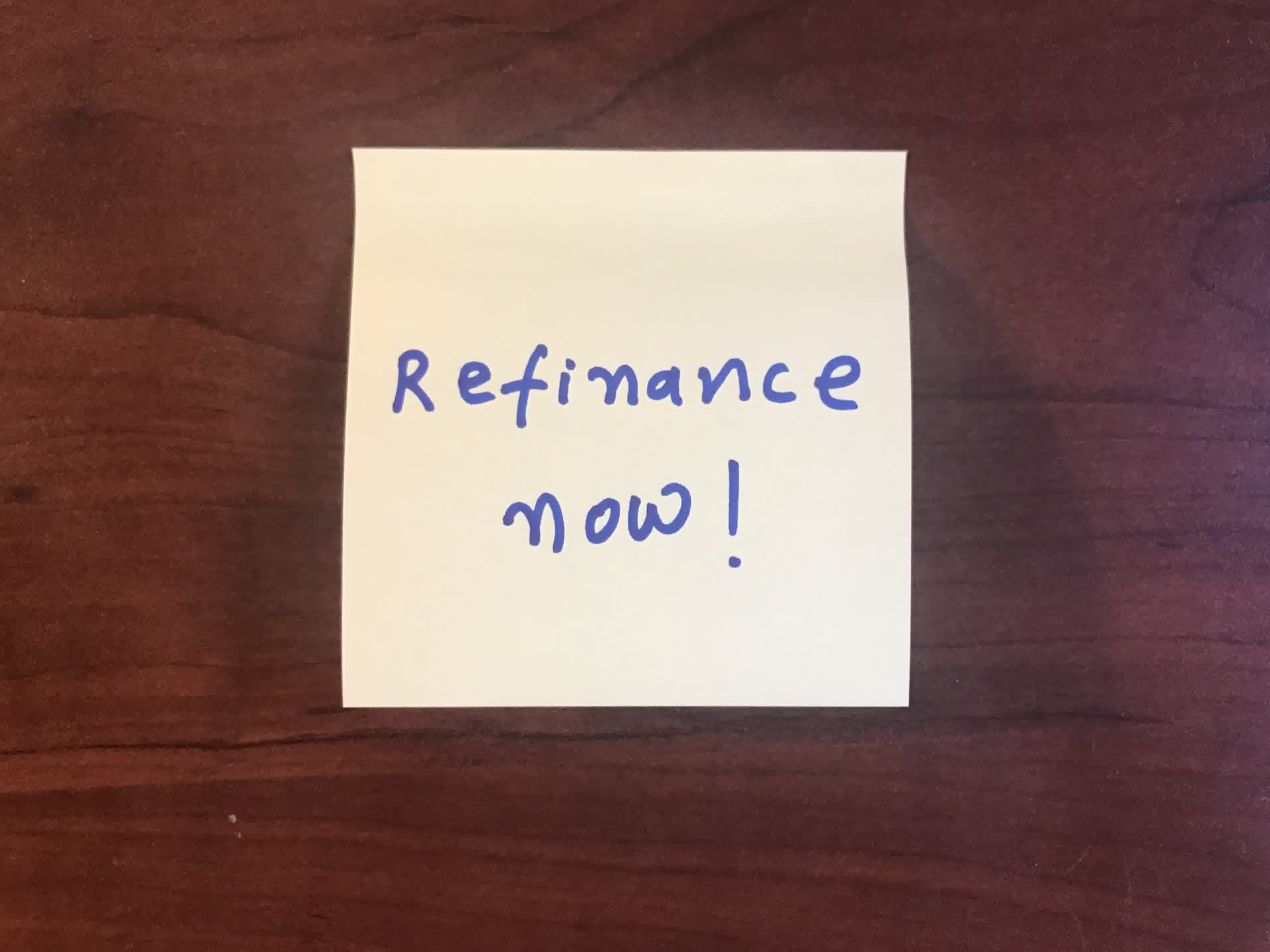Mortgage Refinance
Mortgage Refinance

When interest rates decrease, it is an opportunity to refinance our existing home loan to either reduce our monthly mortgage payment or pay off our loan sooner. We'll explore a few ways to achieve this.
Assumptions and Disclaimer
To see how we might gain from refinancing, let's compare our current loan payment plan with what we could be paying/saving using a new loan with a lower interest rate. To keep the comparison simple, we won't consider the effect of any other loans, expenses, or financial commitments we might have. For similar reasons, we also do not consider any tax savings (even though a portion of the loan payment that goes towards the interest is typically tax-deductible).
Therefore, it is absolutely necessary to consult a financial advisor when taking the decision to refinance or not. Use this article to simply provide an additional data point in your financial planning.
The Approach
We'll compare three scenarios:
- No refinancing: continuing to make payments on the current loan.
- Refinance, and make the new monthly payments (which will typically be much lower than our current monthly payments).
- Refinance, but make the same payment as earlier (the new monthly payment equals what we were paying with the old loan). With the extra monty, we'll be paying a bit more towards the principal each month, thus paying off the loan sooner.
This calculator allows you to input the loan information and compare the monthly and total payments for the different scenarios.
Summary
Refinancing the home loan is a good idea when interest rates become much favorable. This can result in considerable savings, and may even allow the loan to be paid off sooner.